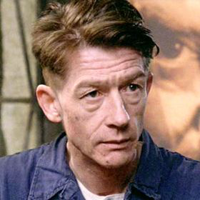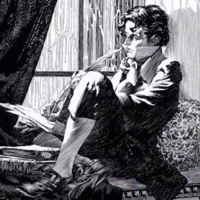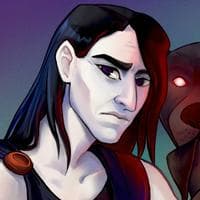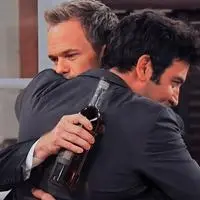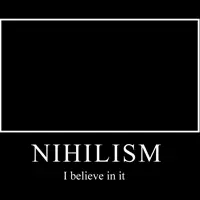Winston Smith نوع شخصية MBTI
شخصية
"ما نوع الشخصية Winston Smith؟ Winston Smith هو نوع INTP في mbti ، 5w4 - sp/sx - 549 في enneagram ، RLUEI في Big 5 ، ILI في Socionics."
Just finished reading 1984, and got to say, Orwell absolutely *nailed* the INTP narration; I felt more related to by Winston's thought process than any type description ever did. I'm gonna focus less on the functions in this comment and moreso about little tidbits about Winston that felt distinctly INTP: * Motivated by a desire for truth, even if they serve no practical purpose (Ti>Te), such as when he wonders about if the Party actually invented airplanes as so they claim. * He discomforted by the idea of accepting two facts as contradictory. His objections to doublethink are built upon the principle that reality must be objective. O'Brien criticizes these attitudes throughout the third act. * In the first act, he comforts himself by recalling that the world has laws that are governed that the party can never change, confiding in the objectivity of reality. In the third act, he tries to hold on to this worldview by means of recalling debate points and logical arguments about this; he only fails when his mind is worn down and confused to the point that they no longer make sense to him. * He feels as though the world crumbles underneath him at the thought of the Party being able to change facts and history. This is contrast to Julia (ESFP, according to PDB at present), who only cares about living and surviving in the moment (Se); she cares far less about the truth and moreso if facts are useful to her, which they aren't. (Te) * He is baffled at the idea that he could be right about the Party's wrongdoings despite the fact that any Party member could still defeat him a million time over in a debate; this incongruence between individual facts and greater truth confounds him. *He believes that he will stand up for Julia and never surrender his love to her. This, however, has nothing to do with his feelings for her, and instead merely exists in his mind as a factual matter of "I just should." (Distinct lack of Fi; views moral obligations as facts, not as emotions.) * Much of the narration is centered around his musing and introspection about the world as a whole as opposed to the actual events around him (demonstrating Se PoLR), something not seen in many of Orwell's other works. * He is well aware of the fact that he will inevitably endure terrible pain and torture when he is caught by the Party, and is aware that he is underestimating the overwhelming physical pain that entails, but stands up for his beliefs anyway, still aware that he will eventually regret having done so. (Se PoLR, again contrasting with Julia. There's a massive disconnect between his surroundings and physical sensations, and how he responds to them.)
